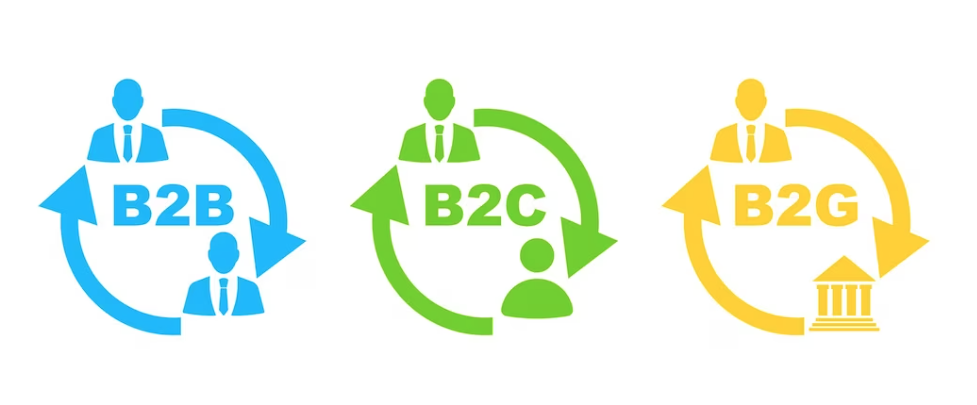When formulating your marketing strategy, an essential first step is identifying your target audience. While this may appear obvious, it is common to make the mistake of marketing or selling multiple very divergent customer segments simultaneously. For instance, take the approaches required for marketing to the government, businesses, and individual consumers. These are very different approaches indeed.
To illustrate this point, let’s discuss the marketing role of a website. Many individuals perceive websites as uniform entities with the primary goals of aesthetics, fast loading times, and attracting more customers. While this holds true from a broad perspective, it is important to examine the nuances. Different potential customers have distinct expectations and requirements from a website, necessitating a more granular approach.
Here is a simple table illustrating some of the differences in the B2G (Business-to-Government), B2B (Business-to-Business), and B2C (Business-to-Consumer) customer journeys.
B2C
B2B
B2G
Find You
Referrals from trusted contacts
Google searches “near me” or on Google Maps
Online searches on relevant topics
Referrals from trusted contacts
Online searches on relevant topics
Your company has responded to an RFP
Referrals from trusted contacts
Governments are not randomly “Googling” for vendors
Trust You
Google reviews, etc.
Case studies
Verification from trusted 3rd parties (including Google reviews for some industries)
Official documentation proving qualifications
Hire You
Review your offer
May compare your offer to others
May interview you
Review your company and track record
Probably interview you
Compare your offer to others
Review your bid versus the other submitted bids
Review if your company fits their desired vendor portfolio (note: interview possible)
Key Role of Website
Be found by new customers (possibly as a secondary source after Google Maps)
Grow Credibility + Get to Next Step
Grow Credibility + Get to Next Step
For some businesses:
Be found by new customers
Not cause the company to get disqualified from the bidding process
Grow Credibility
Key Tool Example
Google Reviews
Email marketing
White papers
B2C
Referrals from trusted contacts
Google searches “near me” or on Google Maps
Online searches on relevant topics
Google reviews, etc.
Review your offer
May compare your offer to others
May interview you
Be found by new customers (possibly as a secondary source after Google Maps)
Grow Credibility + Get to Next Step
B2B
Referrals from trusted contacts
Online searches on relevant topics
Case studies
Verification from trusted 3rd parties (including Google reviews for some industries)
Review your company and track record
Probably interview you
Compare your offer to others
Grow Credibility + Get to Next Step
For some businesses:
Be found by new customers
Email marketing
B2G
Your company has responded to an RFP
Referrals from trusted contacts
Governments are not randomly “Googling” for vendors
Official documentation proving qualifications
Review your bid versus the other submitted bids
Review if your company fits their desired vendor portfolio (note: interview possible)
Not cause the company to get disqualified from the bidding process
Grow Credibility
White papers
The table shared is a simplified model, yet it underscores the pivotal role of pinpointing your main customer base and strategically coordinating your marketing initiatives and resources.
At Small Business LIFT, we encourage business owners to THINK before DOING. If you believe that Small Business LIFT could be beneficial for your company, we invite you to get in touch with us. Our standard Digital Marketing Package (DMP) has shown to be highly effective for clients aiming to increase their visibility amongst new customers. Once the foundational marketing strategy and website are established, our more advanced email marketing and additional options can serve as powerful tools for expansion.




